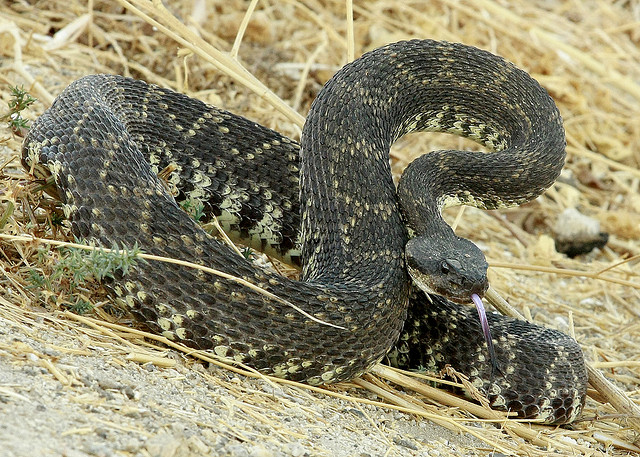Aaron Teel
We were connected from birth at the ankle and hip. The scars on our flesh where we were separated were the only easily identifiable difference between us: his on the left, mine on the right. Beyond that, one had to study the arrangement of our freckles, look for tell-tale fingernail grime, (me), or listen for a slight upward lilt at the end of declarative sentences, (Walter). Our father, out of desperation, would stare into our eyes to search out patterns in our irises.
We dressed alike when we were very young, a phase every set of twins since Essau and Jacob has passed through for a time. Or we dressed differently and switched clothes, and thus identities, to suit our various purposes. Our mother indulged our deceptions. She laughed along with us when we pulled one over on our teachers, our friends, our father. That she was the only person on Earth who could tell us apart made her a part of our circle, as close to being one of us as it was possible to be. No one else we knew loved their mother as openly and fiercely as Walter and I did. She left notes for us in our respective Six Million Dollar Man and A-Team lunch boxes, each with some private encouragement that identified us as separate entities she knew and understood.
Walter discovered magic on a local-access TV show called The Witching Hour with Rick Diamond, a magician who wore a silver lamé jumpsuit and rings on every finger. He asked for and received a magic set for our eleventh birthday and quickly mastered its tricks. He performed as Walter the Wizard at our twelfth birthday party, pulling pencils from girl’s ears and phantom flowers from their hair. I plainly could not compete. By our fourteenth birthday he’d made a name for himself on the local circuit, and even Dad could tell us apart. I was a burden to Walter, artless, clumsy, and without magic. His greatest trick, he said, would be to make me disappear.
Our house in Galveston was less than a quarter-mile inland from the sea. Sitting cross-legged on our patch of weed-riddled lawn for fifteen minutes, you’d be soaked in the smell of brine blowing in off the Gulf. Walking in a straight line from our front door toward the sea, you would come to a clutch of palms that stood like sentinels at the base of the seawall. Walter climbed and sat atop the wall, fifteen feet up, hung his bare feet over the edge and looked out over the water while he cut and shuffled a deck of cards in his lap over and over with one hand.
“Mom wants you for supper,” I shouted up at him, and he turned and looked at me and smiled, then stood up on the wall. He spread his arms dramatically with the deck of cards in his left hand, lifted his eyes heavenward, closed them, sent the cards spraying from his fingers in a high arch over his head, then fell backwards off the wall and disappeared.
I shook my head, made my way up the slope to the lip of the wall and peeked over the edge to the steep concrete drop on the other side.
“Hey, Dickweed!,” he shouted from behind me, halfway up the beach. “What’re you doin’ up there? You’re gonna break your damn neck!” I’d grown accustomed to his tricks, and tried as a rule to remain aloof and unimpressed, but this was all too much and I let my guard down. “How did you do that?” I shouted, forgetting myself, lost to abandon, running back up the beach to meet him.
“Because I am fucking magic,” he said, “and I will fucking vanish you.” When he said it, he waved his plastic wand and threw a fistful of sand in the air, and I felt myself grow weightless as I ran, unmoor from the Earth, and disappear.
Aaron Teel is the author of Shampoo Horns, winner of the Sixth Annual Rose Metal Press Short Short Chapbook Award. His work has appeared previously in Brevity Magazine, Matter Press, North Texas Review, Art Prostitute Magazine, Side B Magazine, and others, and his debut collection is forthcoming from Rose Metal Press. He is a workshop instructor for Badgerdog Literary Publishing in Austin, TX, where he lives with his cat, Enid, and his bad decisions.



